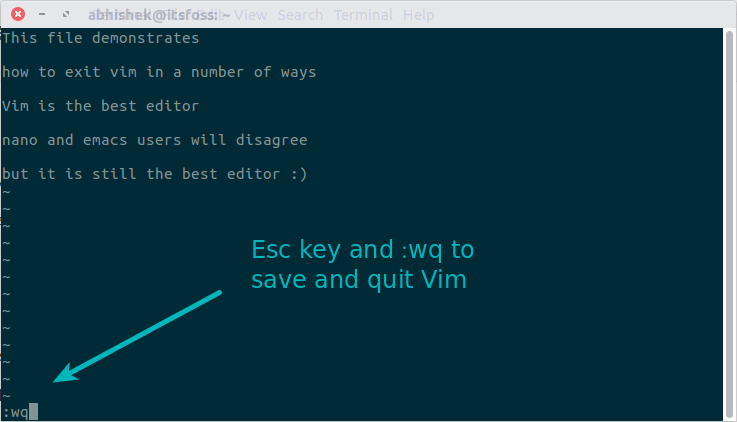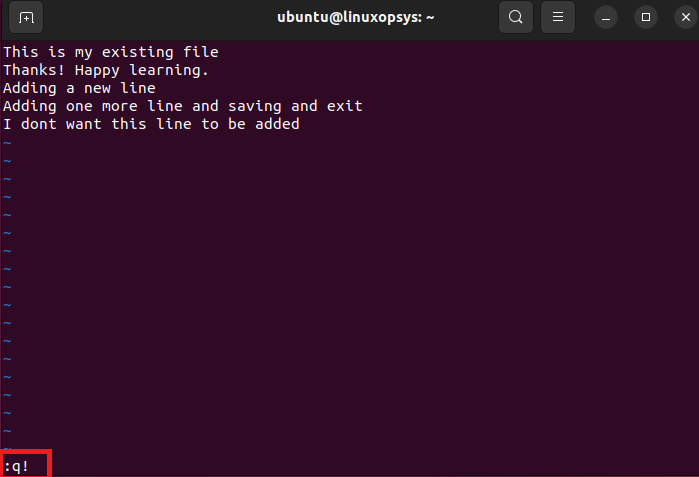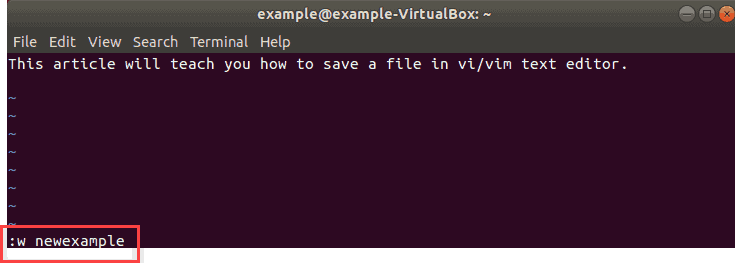Let's face it, we've all been there. Staring blankly at a screen, feeling utterly defeated by a program that seems to have a mind of its own. Yes, I'm talking about Vi, the text editor that's been both a blessing and a curse to computer users for decades.
But fear not, dear reader! Learning to save and quit Vi doesn't have to feel like defusing a bomb. It can actually be...dare I say...fun?
Entering the Arena: The Command Mode
First things first, you need to understand the arena where this battle takes place: Vi's command mode. Think of it as the cockpit of a spaceship. You’re not typing words directly into your document yet; instead, you're issuing instructions to the ship.
Usually, when Vi opens, you're already in command mode. If you're not sure, just tap the Esc key. Esc is your trusty emergency escape hatch.
The Saving Grace: `:w`
Alright, you've toiled away, crafting the next great American novel (or, you know, maybe just a grocery list). Now, you want to preserve your masterpiece. That's where :w comes in. It stands for "write," as in, "write this to the file, please!"
To use it, simply type a colon (:) followed by the letter w and then press Enter. Magically, your work is saved!
Feeling extra cautious? You can specify a filename after the :w command, like :w my_precious_document.txt. This is especially handy if you want to create a backup copy. Consider it a digital insurance policy.
The Grand Exit: `:q` (and its Variations)
Now, the moment we've all been waiting for: escaping Vi. The basic command is :q, which stands for "quit." Simple, right? But oh, the drama!
Vi is a responsible editor. It will stop you from exiting if you've made changes but haven't saved them. It's like your mom reminding you to take out the trash before you leave the house.
If you try to quit without saving, Vi will display a message. Don't panic! It's just looking out for you.
Forcing the Issue: `:q!`
Let’s say you’ve made changes you absolutely, positively do not want to keep. Maybe you accidentally deleted a crucial paragraph, or perhaps you just want to start over. That's where :q! comes to the rescue. The exclamation point tells Vi, "I know what I'm doing! Quit without saving, and don't ask questions!" Use it with caution, though. It's the nuclear option.
The All-in-One: `:wq` and `:x`
Want to save and quit in one fell swoop? Vi has you covered! Use :wq (write and quit) to save your changes and exit. Or, for a slightly smarter option, use :x. This command only saves the file if you've actually made changes.
Think of :x as the eco-friendly option. It only uses energy when necessary.
So, there you have it! You've conquered the basics of saving and quitting Vi. Now go forth and create!
Remember, even seasoned programmers have struggled with Vi. Don't be afraid to experiment, make mistakes, and laugh at the absurdity of it all.
After all, as someone wise once said, "To err is human, to really foul things up requires a computer (and maybe Vi)."
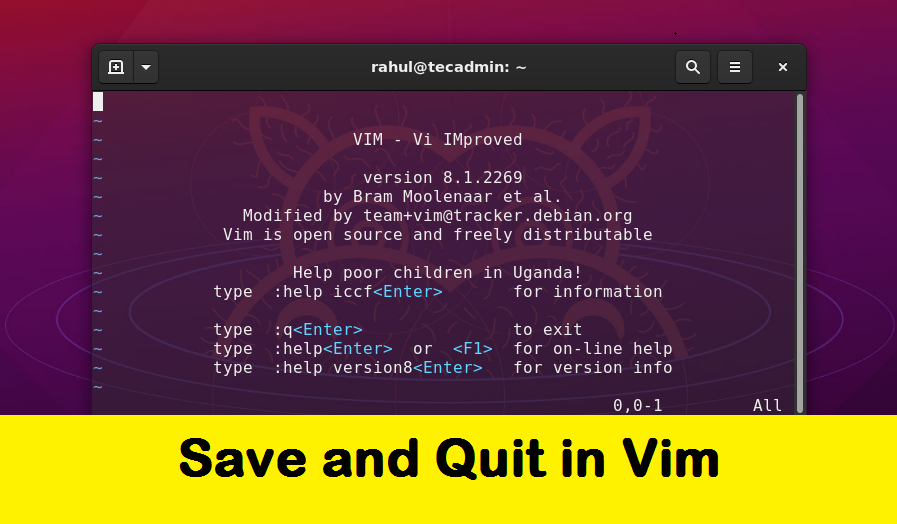
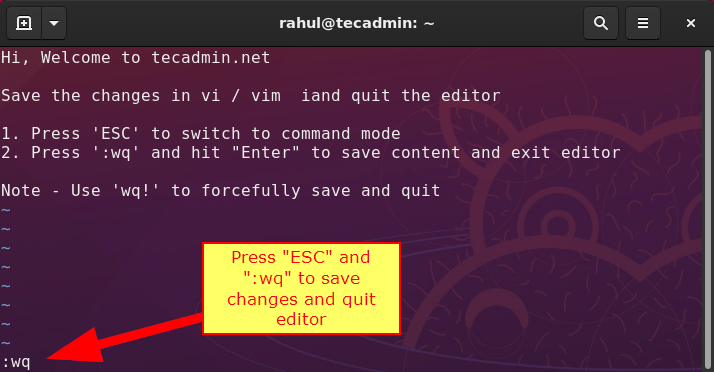

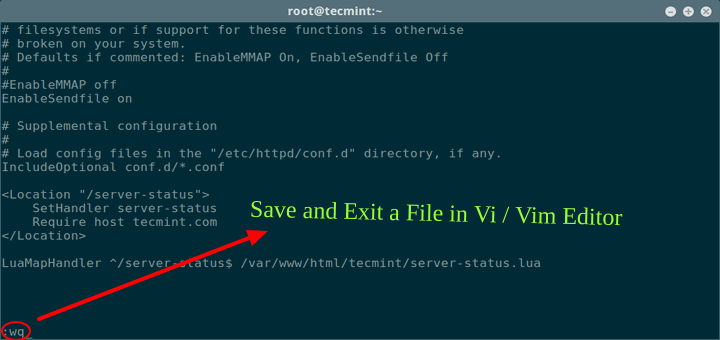


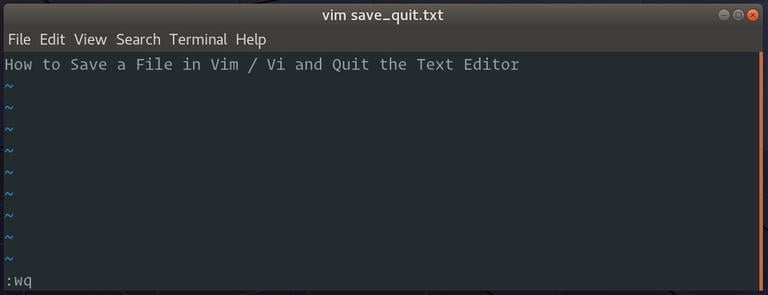



![How to Vim Save/Vim Exit/Quit in Editor? [VIM Save and Exit] - How To Save And Quit Vi](https://monovm.com/wp-content/uploads/2021/07/cover96-main.webp)
